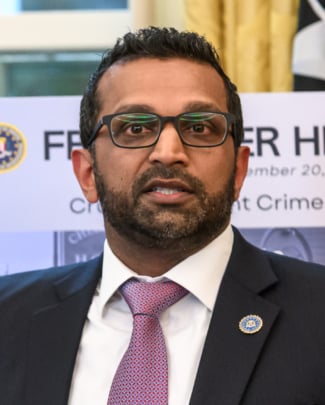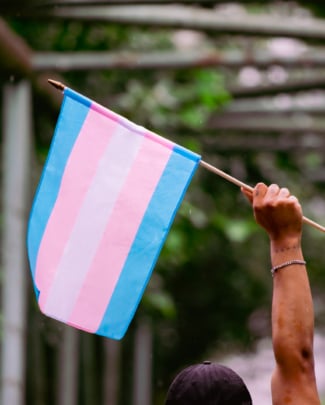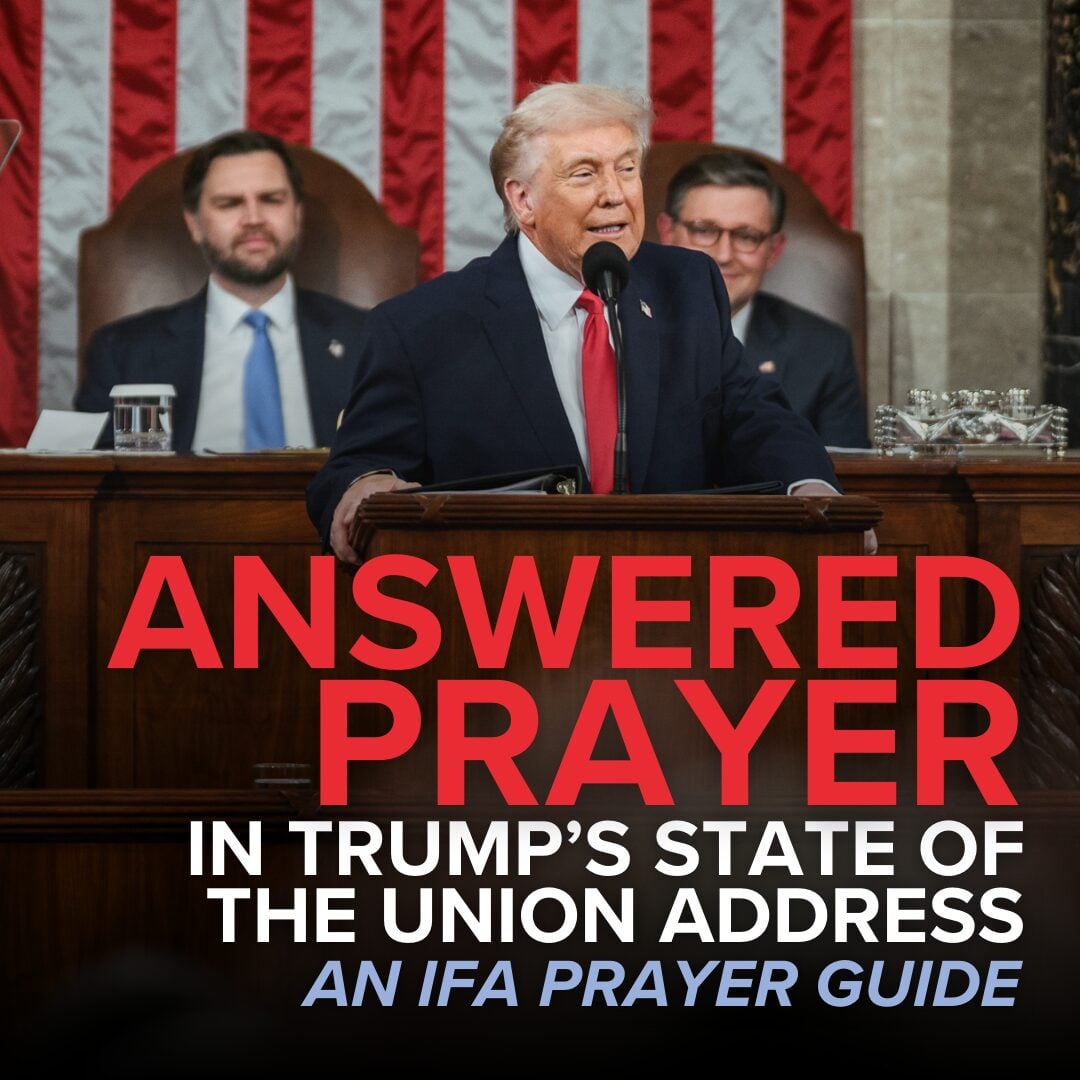A WARNING TO AMERICA ABOUT TRIBALISM
MAJORITY MAKING MORE ON UNEMPLOYMENT THAN JOBS!
COVID BRINGS TO LIGHT THE IMPORTANCE OF FREE SPEECH
EVERYTHING YOU NEED TO KNOW ABOUT GAS SHORTAGES
ISRAEL IS IN FLAMES–HERE’S HOW TO PRAY
A WARNING TO AMERICA ABOUT TRIBALISM
We found this article, written by a woman from Somalia who now lives in America, to be compelling. Has tribalism invaded your life?
About a decade ago, when I worked for the American Enterprise Institute, I had to force myself to go to lunch with a friend. I dreaded the meeting because I knew that she was going to try to convince me to leave my job. AEI is a pro-business, conservative-leaning think tank in Washington, DC. My friend was an enthusiastic liberal.
After I had run out of excuses, the day arrived and, predictably, after a few minutes of the usual small talk, my friend launched into a tirade about the Iraq War, which several of my colleagues strongly supported.
“You don’t belong there, Ayaan,” she said.
I remember trying to steer the conversation on to actual policies. . . .
But she wasn’t interested in a rational discussion. She interrupted me mid-sentence, launching into a monologue about John Bolton, the former ambassador to the United Nations and a fellow at AEI (and subsequently national security adviser to President Donald Trump). Bolton, my friend insisted, was a loathsome, hateful, racist, neo-conservative warmonger. The list went on and on until eventually she said that he looked like a walrus with a mustache. You could tell by his physiognomy, she explained, that he was a psychopath.
“But what about the policies?” I responded, trying to redirect the conversation away from personalities. The more she spoke, the more I recognized her broad disposition as something I had experienced earlier in my life. . . .
Today, 10 years later, this attitude seems to be the prevailing norm. Numerous studies support the hypothesis that American life — not just politics, but life in general — has become deeply polarized. . . .
In Somalia, where I was born, my mother was blindly loyal to our clan. So much so that, apparently, she claimed she could detect the malicious intentions of an individual from a different clan just by the structure of his forehead. . . .
In “Culture and Conflict in the Middle East,” anthropologist Philip Carl Salzman recounts meeting tribesmen in Baluchistan. What, they had asked Salzman, would he do if he faced a real danger in his home country? Well, Salzman replied, he would call the police. The tribesmen roared with laughter, then looked at him pityingly: “Oh no, no, no, they said: only your ‘lineage mates’ will help you.”
In tribal communities, neutral institutions of civil society that Westerners take for granted — such as the police, impartial courts, and the rule of law — simply do not, and cannot, exist. In such societies, everything is tribalized, and the task of building civic institutions is laden with difficulties.
In Somalia, I was taught to be suspicious of anyone from a different clan, to always think harm was coming my way and to be guarded against anyone that was “other.” . . .
We were captives of an echo chamber, hearing constantly of the evils of the neighboring Hawiye clan. We were taught from a young age that the Hawiye were coming to rape, rob, and destroy us. In response, we amassed weapons, hoarded food and exhorted young men (as young as 12) to join the military. The looming threat of the Hawiye was so great that my mother eventually sent my sister and me abroad.
In the end, because of such protracted tribal tensions, Somalia collapsed into civil war. . . .
While such violence has yet to seize America, all the tribalist ingredients are present. There is a blind commitment to one party or the other; emotions are running high; there is a lack of trust in civic institutions. If such tribalism isn’t overcome, it’s only a matter of time before the situation escalates.
Some of this has its absurd side: for instance, the strange ways that public health measures such as mask-wearing and vaccination have become politicized, to the point that I know of fully vaccinated people in California who say they will continue to wear masks for fear of being mistaken for Republicans. . . .
We are, I fear, close to the precipice of serious destabilization. Many American cities are either militarized (Washington, DC), near a social boiling point (Minneapolis), or have capitulated to anarchist protests and pressures (Portland, Seattle). These tribal quirks run deep on both sides of the aisle. Many Republicans continue to dispute the legitimacy of the result of the last presidential election; while on the left, the woke are eroding the Democratic Party from the inside, as identity politics displace universalist aspirations. Some citizens are viewed as part of oppressive groups, some as part of oppressed groups. A person’s individual actions can generally do little to change the immutable characteristics of the tribe to which they belong. . . .
Today, especially in academia, those who don’t conform with the “progressive” narrative, no matter how ethical they might be as individuals, are vilified as racists, white supremacists, homophobes or transphobes. Individuals can be attacked, canceled, disinvited or even fired for the tiniest of verbal transgressions.
This kind of intolerance has for some time been apparent in high schools, too. . . .
And yet there is something very striking about tribalism: It is a basic human trait, like skin color or gender. However, despite being the natural state of being for many humans, it is not a positive or helpful trait, particularly in modern times. Tribalism developed as an imperfect social survival mechanism in the early stages of human civilization. But in modern times, it can lead to social disintegration and severe violence between groups. . . .
The beautiful story of America, the reason so many people around the world still yearn to come here, is to a large extent founded on our rejection of tribalism and our establishment of civic, neutral institutions, based on the fundamental principle of equality before the law. These institutions are imperfect, of course, but they are far superior to the tribalism that rules other parts of the world. Our overcoming of such a natural urge is an accomplishment.
As “woke” politics strengthens its grasp on our institutions — extending beyond the educational system into the media and now many corporations — that accomplishment is being eroded. . . .
If we continue to slip down this path, the thirst for tribalism will be unquenchable. That’s why moderate liberals need to stand up to the destructive forces that are taking over the Democratic Party, just as moderate conservatives need to resist the tribal impulse that often grows in reaction to the other side’s excesses.
In Somalia, we failed to do this. In America, it is imperative that we succeed. . . .
Share your comments on this article below!
(Excerpt from The New York Post. Article by Ayaan Hirsi Ali. Photo Credit: Unsplash.)
Partner with Us
Intercessors for America is the trusted resource for millions of people across the United States committed to praying for our nation. If you have benefited from IFA's resources and community, please consider joining us as a monthly support partner. As a 501(c)3 organization, it's through your support that all this possible.


We use cookies to ensure that we give you the best experience on our website. If you continue to use this site we will assume that you are happy with it. Privacy Policy





Comments
No comments have been posted yet; you can be the first!